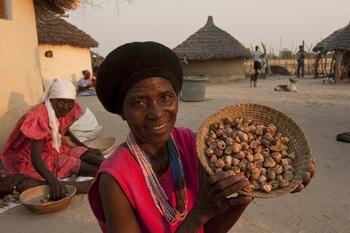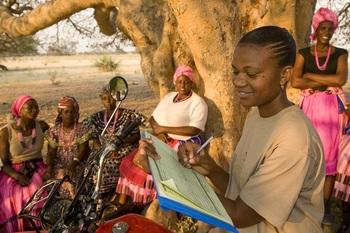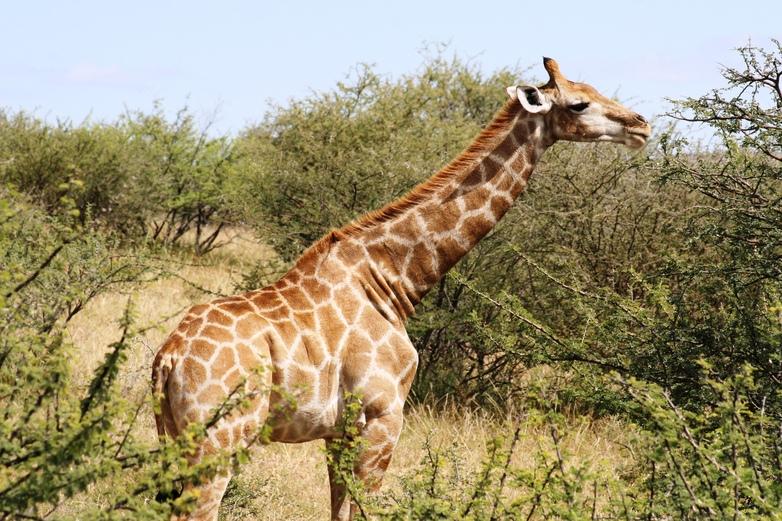Context
Biodiversity and natural resources are the foundation of all life on Earth. They are crucial for the functioning of ecosystems and the provision of ecosystem services.
Namibia’s natural resources and biodiversity offer high potential for the country’s socio-economic development. Unique land and seascapes, rich wildlife and mineral resources attract both tourists and investors.
The sectors based on natural resources – mining, marine fisheries, tourism and agriculture – form the basis of the Namibian economy. In addition, 70 per cent of the Namibian population depends directly on natural resources such as farming, grazing land, medicinal plants, animal products, fuel and shelter for their livelihoods. . Healthy Ecosystems play an important but underestimated role in overall strategies to help people adapt to the negative effects of climate change.
Objective
A coherent implementation of biodiversity and climate change related policies, strategies and practises by the Ministry of Environment and Tourism in cooperation with other Ministries and non-governmental actors increasingly contributes to diversifying and securing the livelihoods of local users of the natural resources.


